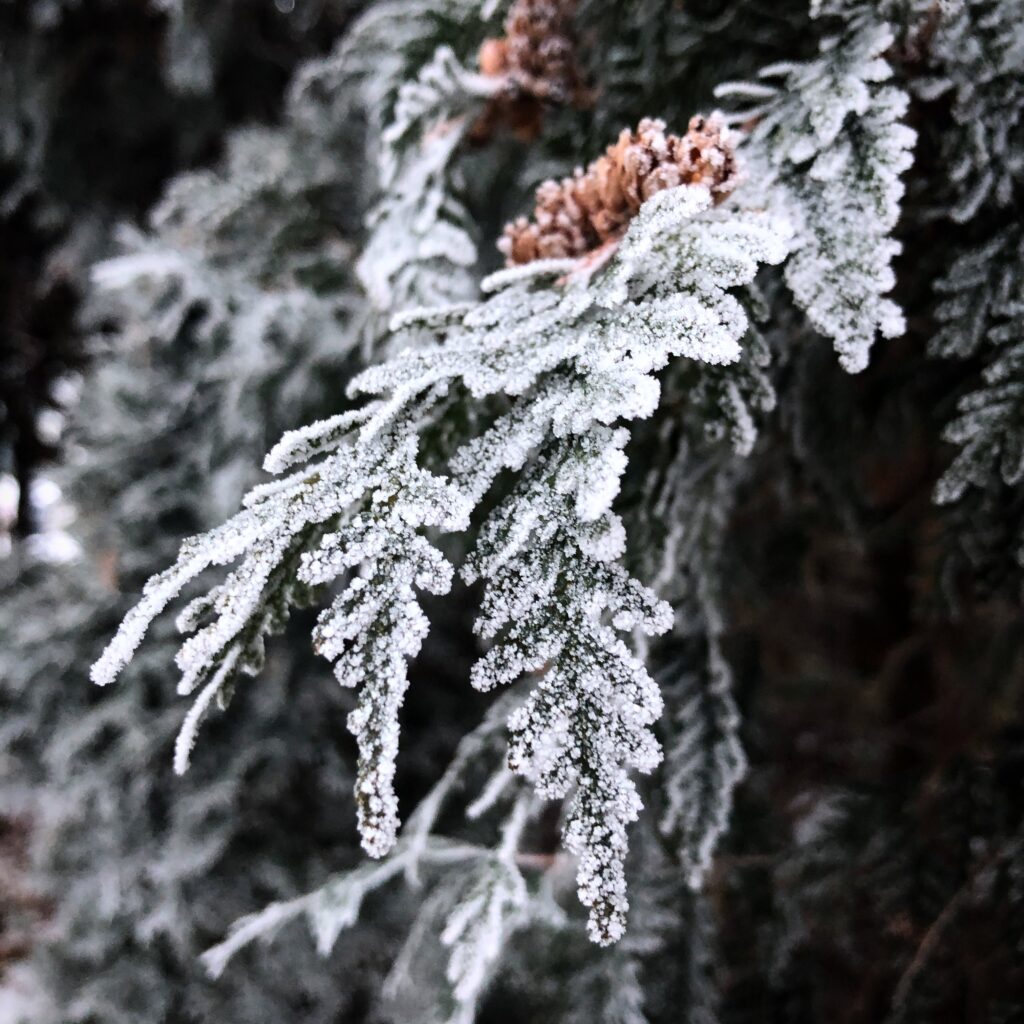
When I think back to my childhood Christmases, I mostly remember how happy my parents were. Despite their usual stresses, they always infused the holidays with love, crafting a cozy, twinkling escape from the world.
An annual tradition, we’d hop in the car on Christmas Eve and drive around looking for the best lights. We never really had a plan, just snacks and the excitement of an impromptu adventure. Back at home, candles glowed warmly in the windows, the tree sparkled with white lights and crimson bows and the rich aroma of Mom’s holiday treats wafted from the kitchen.
But it wasn’t just the decorations or food – it was the feeling they created. Our often-fragmented family came together during the holidays in a way that felt whole. The house felt alive. The laughter, easier. The love, tangible. And for a little while, everything was as it was meant to be.
These days, grief seems to be my constant companion during the holidays.
It feels as though the spirit of Christmas died right along with my Dad and I long for the whimsy I once knew, even though I know it wouldn’t be the same.
I’ve tried to bring some of that same joy to our family, hoping to capture a fraction of the warmth my parents created for me. There have been some seasons where the happiness was palpable, but more often than not the celebratory spark feels dim and distant.
The weight of tradition and the stark absence of my parents make the holidays feel both heavy and hollow. Struggling to recreate their magic, I must also confront the burden of traditions once rooted in faith – traditions that no longer feel like mine.
Growing up the granddaughter of a deacon in the Presbyterian church, Christmas was centered around worship and community. But as I grew older, my connection to their faith faded, leaving an emptiness where those sacral traditions once lived.
It wasn’t until I began researching my ancestry that I found myself taking solace in older traditions; ones that are more earth-centered. Yule and the Winter Solstice offer me comfort in their simplicity and symbolism… They just make sense. Honoring the longest night of the year while awaiting the return of the light feels like a fitting metaphor in the midst of navigating grief.
Slowly, I’m weaving more of these traditions into the fabric of my little family’s life. We keep a fire burning to honor the darkness, gather cedar to invite resilience and reflect quietly as night yields to dawn… These small rituals feel less like a return to my family’s faith and more like a restoration to something ancestral – something that whispers of home.
Until then, I’ll embrace the dark, honor what’s been lost and trust that the light will return one season, one solstice at a time.